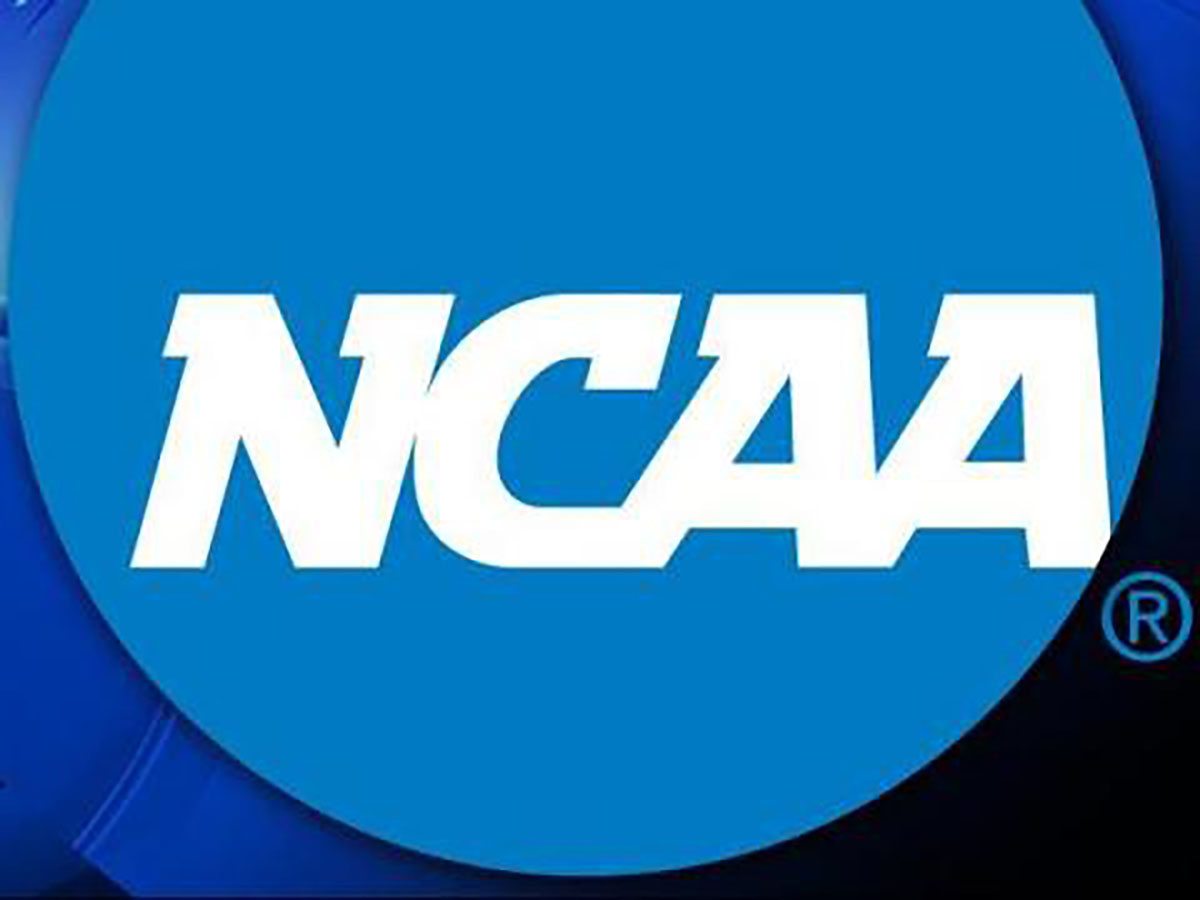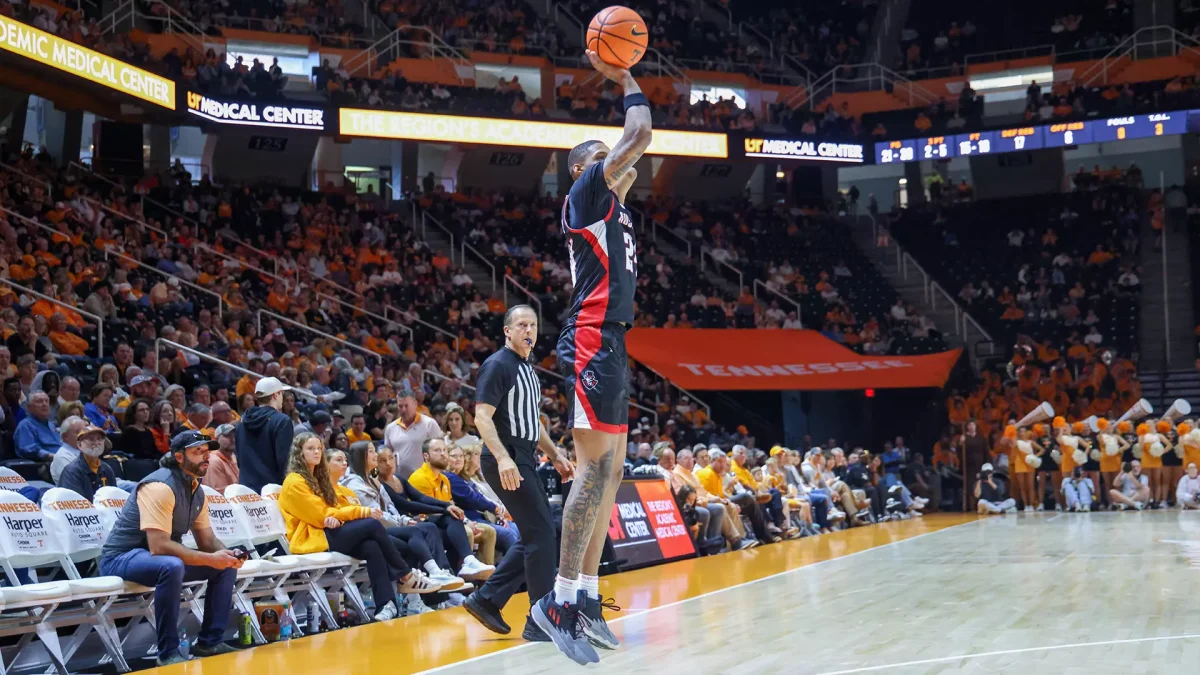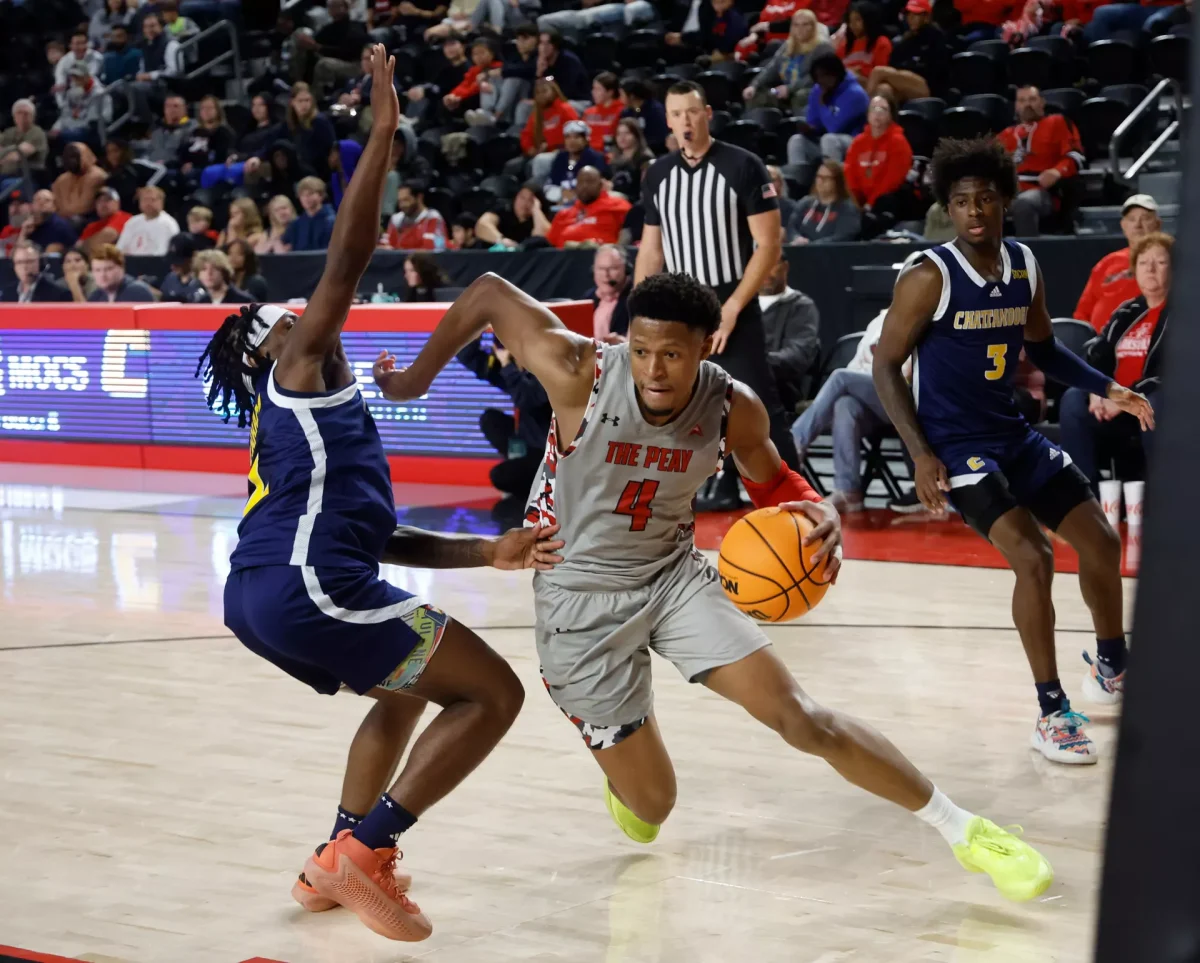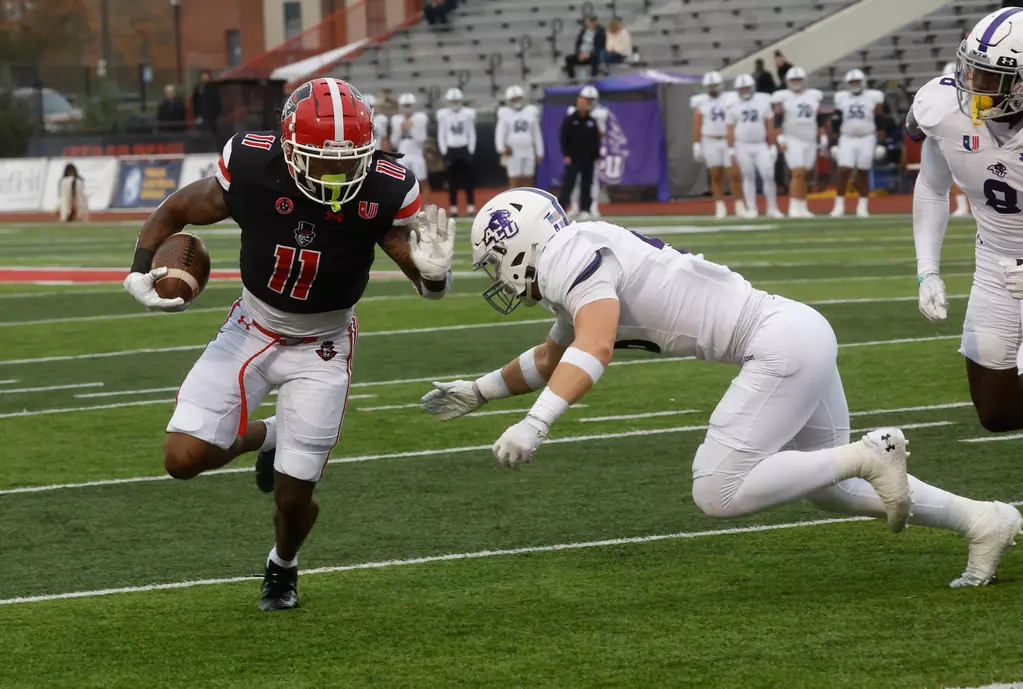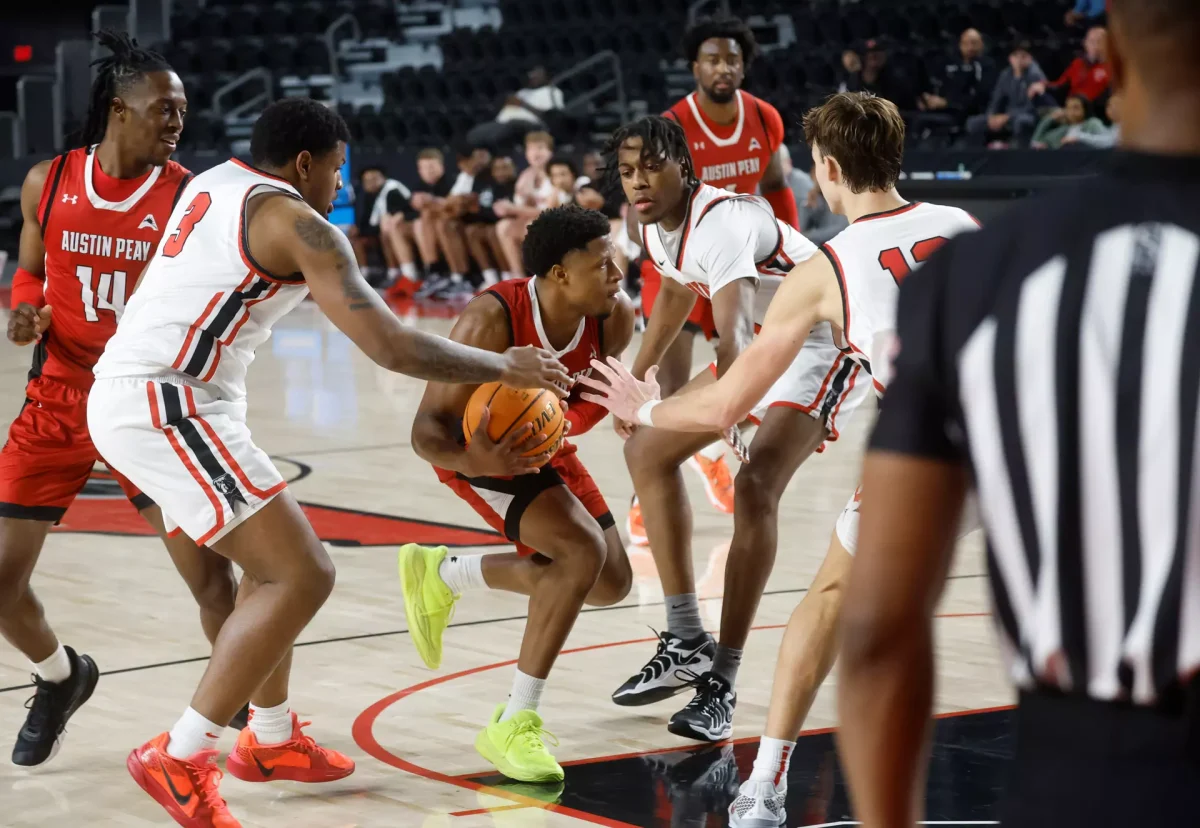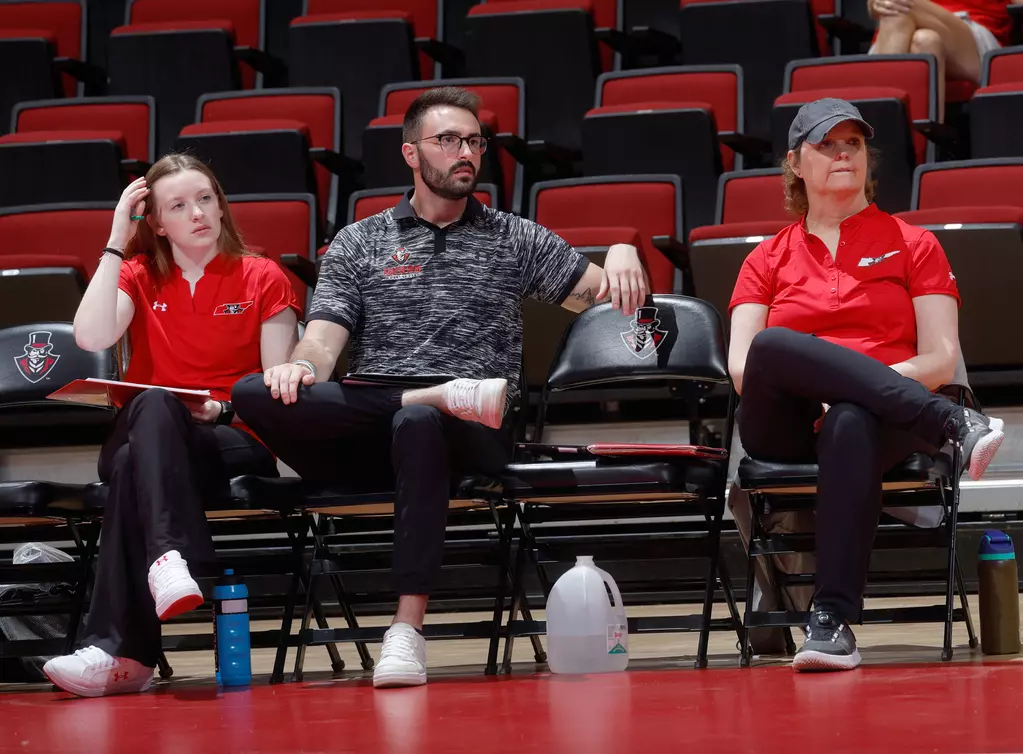The National Collegiate Athletic Association has long controlled student athletes’ ability to promote based on their name, image, and likeness. Now the organization has come under scrutiny. Graphic provided by NCAA.
Early this month, the National Collegiate Athletic Association launched investigations into athletic programs at the University of Tennessee and the University of Florida regarding name, image, likeness (NIL) deals and recruitment.
Historically, many of the rules surrounding NIL deals have been conflicting and infamously restricting in terms of how NCAA athletes can use their image and platform commercially. Regardless, it is made clear that NIL deals are not to be directly tied to recruitment and booster-funded organizations. However, what is defined as “directly tied” has previously not been well-stated.
Now, the NCAA has taken to investigating numerous athletes in Tennessee, Virginia and Florida in allegations that these athletes have violated the current rules.
In reaction, UT chancellor Donde Plowman has written to NCAA president Charlie Baker, criticizing the current outlines for their lack of clarity and calling the association out for not acting within the best interest of the athletes represented by the NCAA. In her letter to Baker, Plowman plainly stated that “The NCAA is failing.”
Since then, many government and athletic leaders have come out in support of Plowman, the universities being scrutinized and the athletes being investigated. Governor Bill Lee, UT athletic director Danny White, Tennessee attorney general Jonathan Skrmetti, Virginia attorney general Jason Miyares, Senator Marsha Blackburn and Senator Cory Booker are among the notable supporters that have commented on the matter.
Skrmetti and Miyares have filed antitrust lawsuits against the NCAA, aiming to challenge their NIL recruitment policies and undercut the current investigations. Similarly, Blackburn and Booker have both voted to re-introduce the NCAA Accountability Act to protect NCAA athletes, coaches and universities that are under investigation.
If these lawsuits and bill reintroduction are successful, the door will open for universities to be able to use NIL compensation through boosters and as potential recruitment techniques, which will play a significant role in the future of recruitment for upcoming high school classes and students entering the transfer portal.
As an NCAA Division 1 school, APSU will also reap the benefits of these legal actions if they pass.

